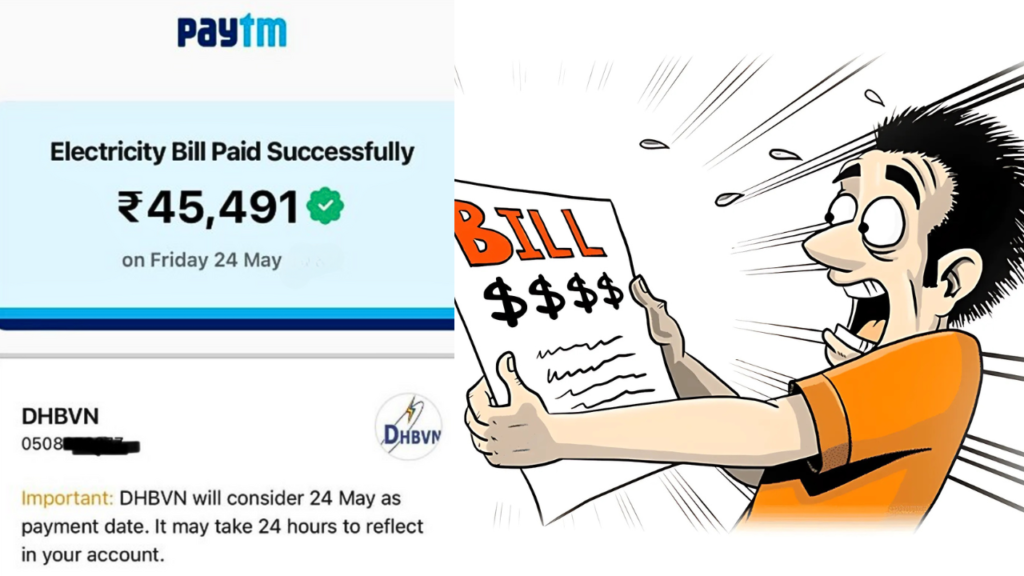Capital gains tax is levied on the profit earned from the sale of capital assets such as real estate, stocks, and mutual funds. However, the Indian Income Tax Act provides various exemptions that can help taxpayers save on capital gains tax. This article explores the different ways to legally minimize tax liabilities through capital gains exemptions, covering key sections, eligibility criteria, and strategies for maximizing benefits.
Understanding Capital Gains Tax
Capital gains tax is classified into two types:
- Short-Term Capital Gains (STCG): This applies when assets are sold within a short period (usually less than 36 months for real estate and 12 months for stocks/mutual funds). The tax rate varies based on asset type and taxpayer category.
- Long-Term Capital Gains (LTCG): This applies to assets held for a longer duration (more than 36 months for real estate and more than 12 months for equity). LTCG is taxed at 10% without indexation benefits or 20% with indexation, depending on the asset type.
Key Capital Gains Exemptions
The Income Tax Act offers several exemptions that can help taxpayers save on capital gains tax:
1. Section 54 – Exemption on Sale of Residential Property
- Available to individuals and Hindu Undivided Families (HUFs).
- Exempts LTCG arising from the sale of a residential property if reinvested in another residential property in India.
- The new property must be purchased within one year before or two years after the sale, or constructed within three years.
- If the new property is sold within three years, the exemption is reversed.
2. Section 54F – Exemption for Sale of Any Asset (Except Residential Property)
- Available for individuals and HUFs selling any long-term capital asset except a residential house.
- The exemption applies if the entire sale proceeds are reinvested in a residential house.
- If only a portion is reinvested, the exemption is calculated proportionally.
- The new house must be purchased or constructed within the same time frame as Section 54.
3. Section 54EC – Exemption by Investing in Capital Gain Bonds
- Applies to LTCG from the sale of land or building.
- The exemption is available if the gains are invested in specified bonds (e.g., NHAI, REC) within six months of the sale.
- The maximum investment limit is Rs. 50 lakh.
- The bonds have a lock-in period of five years.
4. Section 54B – Exemption for Sale of Agricultural Land
- Applies to individuals and HUFs selling agricultural land used for farming purposes.
- Exemption is available if the gains are reinvested in purchasing another agricultural land within two years.
- The new land must be used for agricultural purposes for at least three years.
5. Section 10(38) – Exemption on Long-Term Gains from Equity Investments (Before 2018)
- Earlier, LTCG from equity shares and equity-oriented mutual funds were tax-free under Section 10(38).
- Post-2018, gains above Rs. 1 lakh are taxed at 10% under Section 112A.
6. Set-Off and Carry Forward of Capital Losses
- Capital losses can be set off against capital gains to reduce taxable income.
- Short-term losses can be adjusted against both STCG and LTCG, while long-term losses can only offset LTCG.
- Unused losses can be carried forward for up to eight assessment years.
Best Strategies to Save Tax on Capital Gains
- Timely Reinvestment in Property or Bonds: Plan asset sales in a way that allows reinvestment in eligible assets to claim exemptions.
- Utilize Indexation Benefits: For assets like real estate and debt funds, using indexation can significantly reduce LTCG tax liability.
- Diversify Investments: Spread investments across different asset classes to optimize exemptions and deductions.
- Use Tax-Efficient Investment Vehicles: Consider tax-saving instruments like ELSS, ULIPs, and capital gain bonds.
- Leverage Family Members’ Tax Slabs: Transferring assets to family members in lower tax slabs before selling can help reduce overall tax liability.
Final Thoughts
Capital gains tax can significantly impact your earnings, but by utilizing the exemptions available under the Income Tax Act, you can reduce your tax liability. Understanding sections like 54, 54F, and 54EC, along with effective planning strategies, can help maximize tax savings while ensuring compliance with tax laws. Always consult a tax expert for personalized advice based on your financial situation.



















